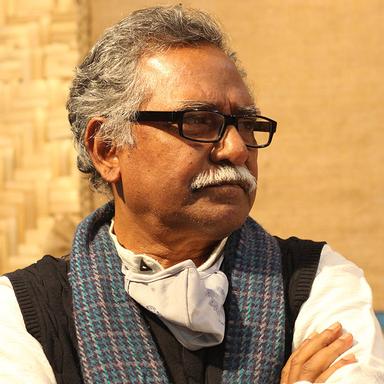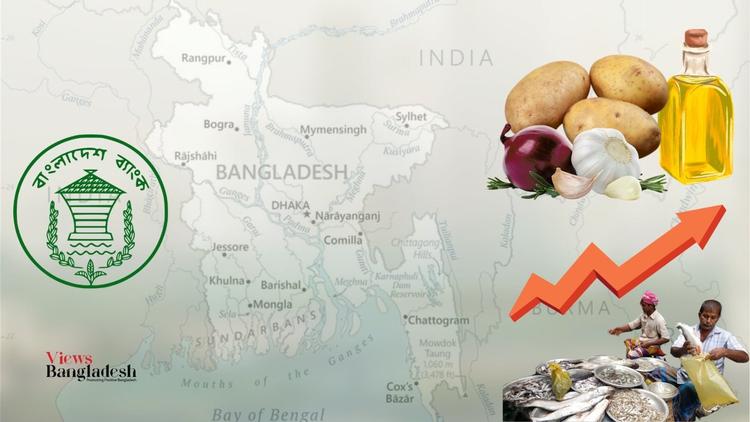Inflation causing economic bleeding in Bangladesh
Bangladesh's domestic economy has been experiencing high inflation for a long time. Countries around the world started experiencing high inflation after the Russia-Ukraine war began. However, most of the countries were able to control the high inflation and bring it down to a tolerable level, but Bangladesh could not make any visible progress in this regard. Inflation has been hovering around double digits for days. Although it has come down a little at times, but the rate is not very significant. The biggest problem we have here is that inflation is not being accounted for properly. As a result, it is not possible to estimate how dire the situation is. The role of the Bangladesh Bureau of Statistics, which is the main source of all the country's data, is a government agency that plays a very important role in this regard. Because if the statistics are not correct then the real picture of the country will not be available and the plan based on those statistics can never be correct; But the reality is the organization cannot work properly as there is so much influence and direction from various quarters of the government in the formulation of statistics which cannot be ignored by the department. Various examples suggest that while compiling statistics, the officials concerned were directed that government developments should be emphasized, keeping the failures aside as much as possible.







